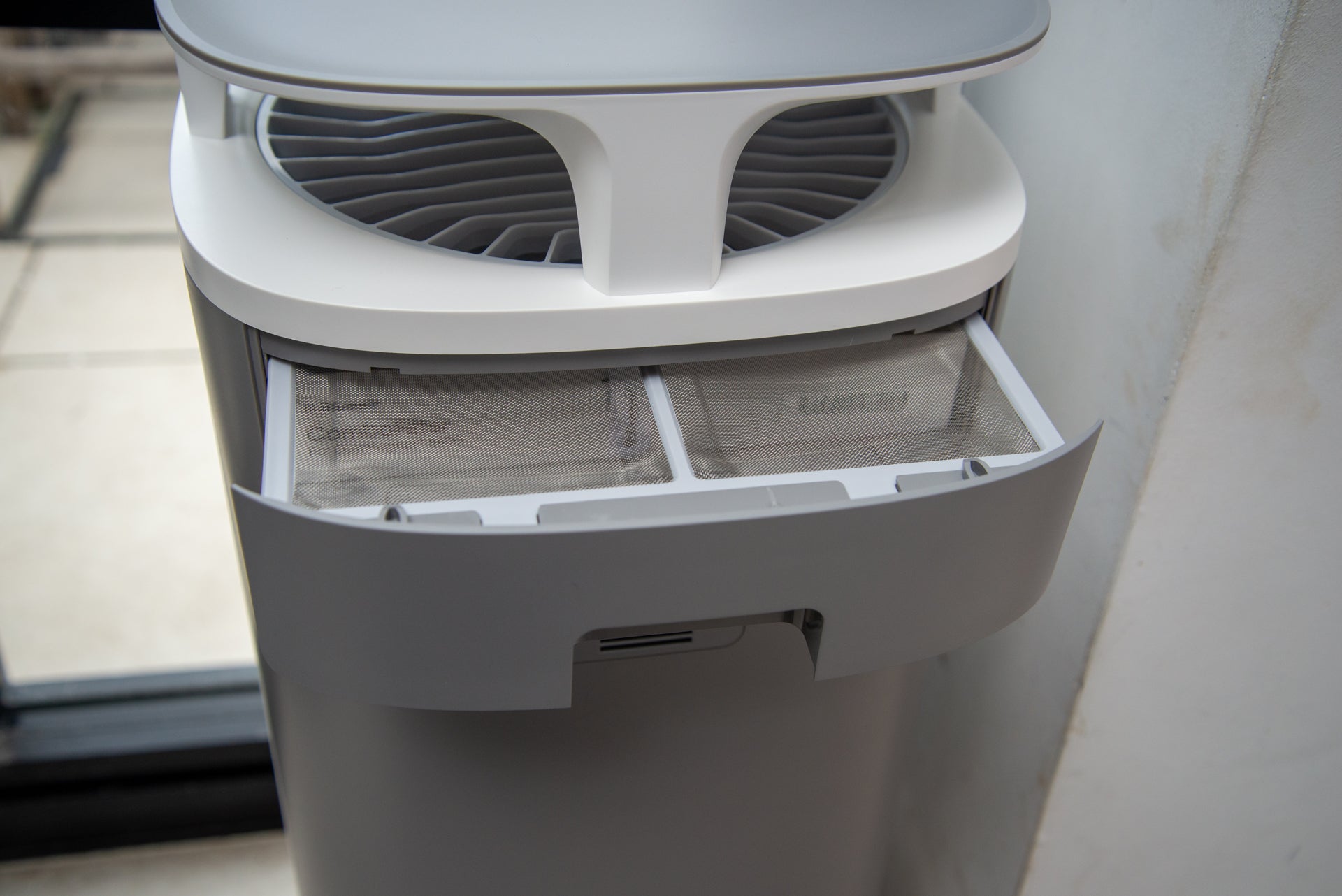 Thailand Faces Growing Health Crisis Due to PM2.5 Dust Particles
Thailand Faces Growing Health Crisis Due to PM2.5 Dust Particles
The people of Thailand are facing a growing health crisis due to the alarming levels of PM2.5 dust particles in the air. According to the National Economic and Social Development Council (NESDC), over 10 million Thais sought treatment for PM2.5-related ailments in 2023, and the numbers have continued to rise in 2024. This concerning situation is primarily caused by widespread agricultural burning in neighboring countries like Myanmar and Laos, as well as wildfires in the northern regions of Thailand.
PM2.5 dust particles pose a significant risk to public health, particularly for individuals with chronic disorders such as bronchitis, asthma, and heart disease. Breathing in high amounts of PM2.5 can increase the chances of developing heart disease, asthma, and low birth weight. Moreover, exposure to these micropollutants can lead to burning and itching of the eyes and skin, as well as coughing and chest discomfort. Those with pre-existing heart or lung issues may experience even more severe symptoms.
The NESDC has emphasized the need for the Thai government to prioritize the impact of PM2.5 on public health. The number of people seeking treatment for pollution-related ailments has already jumped from 1.3 million in the first nine weeks of 2023 to 1.6 million by the beginning of 2024. With a population of approximately 72 million, this represents a significant portion of the population affected by this health crisis.
One of the main causes of the pollution problem in Thailand is the agricultural burning that takes place during the dry season, which lasts from November to March. Farmers cleaning their sugarcane and rice crops contribute to the release of harmful PM2.5 particles into the air. This issue has been a long-standing concern, with residents and environmental groups in Thailand even resorting to legal action to demand government intervention.
The Thai government has taken some steps to address the air pollution problem. Prime Minister Srettha Thavisin has promised to improve air quality, and lawmakers have approved a bill to tackle the issue. In February, Bangkok officials recommended employees to work from home for two days due to dangerous pollution levels in the capital city and surrounding districts.
In a recent development, the government announced plans to deploy 30 planes across the country for cloud seeding, a technique used to induce rain and reduce pollution. While this initiative shows a commitment to finding solutions, it remains to be seen how effective it will be in combating the rising levels of PM2.5 dust particles.
Thailand’s northern cities, including Chiang Mai, Chiang Rai, and Lampang, have been particularly affected by air pollution, with air quality monitoring websites ranking them among the most polluted in the world. These cities have consistently received “unhealthy” ratings from the IQAir monitoring platform.
In July of last year, over 1,700 people in Chiang Mai filed a lawsuit against former Prime Minister Prayut Chan-o-cha and two state agencies for their failure to take action on reducing pollution in the north. They claimed that the pollution was shortening their lives by approximately five years each. In response, a Chiang Mai court ordered the government to develop an emergency plan to address air quality within 90 days. This demonstrates the growing frustration and urgency among the Thai population regarding this health crisis.
It is clear that Thailand’s air pollution problem requires immediate attention and concerted efforts from both the government and the public. The health and well-being of millions of Thais are at stake, and it is essential to prioritize their safety. The government must continue to implement measures to reduce agricultural burning and wildfires, as well as invest in long-term solutions like renewable energy sources. The people of Thailand deserve clean air and a healthy environment, and it is time for decisive action to make that a reality.

